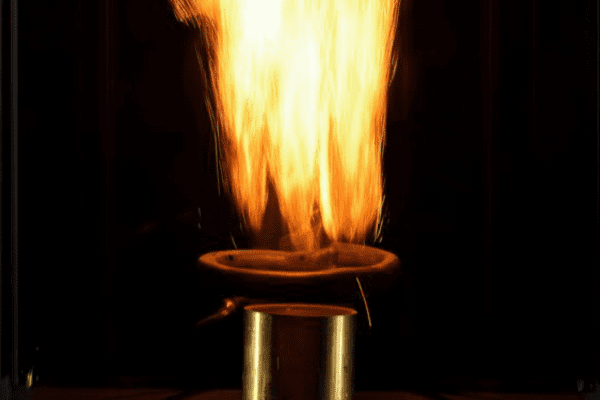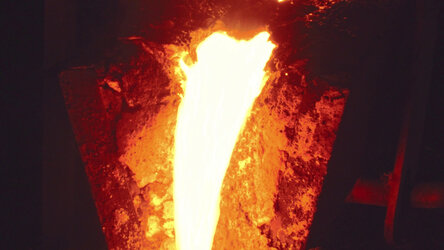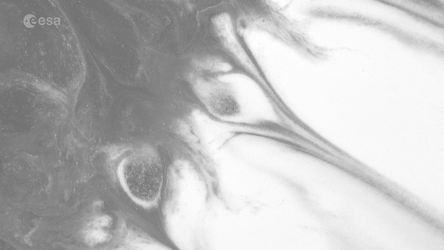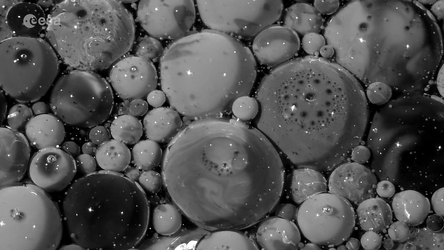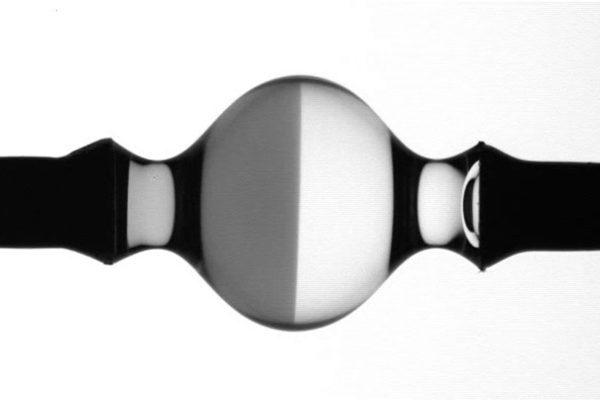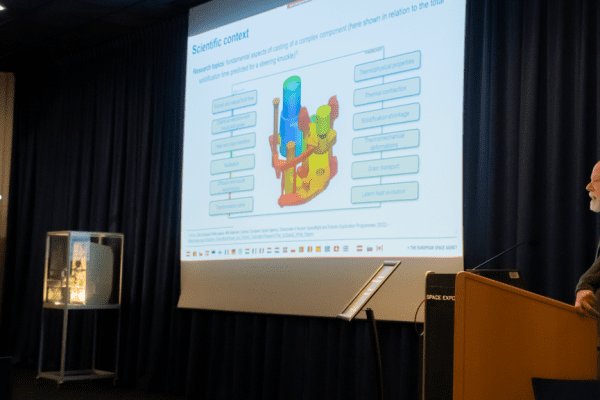Physical Sciences
Physical Sciences is the study of the underlying laws and behaviour of nature through space and time. It covers fundamental physics that look at the space environment to make very precise measurements of time and distance, and tiny deformations of our space-time, to study fundamental laws (the equivalence principle, law of gravity and quantum mechanics) and fundamental constituents of the universe (dark energy, cosmic rays, etc.). Measuring physical phenomena in Low Earth Orbit tells us about the Earth’s climate. Material and fluid physics studies using microgravity platforms are also a rich research area that can enable safe and efficient space exploration.
Mission: To increase our knowledge on the behaviour of matter, from the quantum world to novel materials, in the unique environment of space and apply that knowledge to make space exploration possible.
Vision: By 2035, novel materials and processes will be operating on international space missions and Europe will have unveiled new fundamental laws.
Objectives: The Human and Robotic Exploration Directorate’s Space Physical Sciences Activities seek to:
1. Use space to understand the fundamental laws governing matter
2. Use Space platforms to understand climate and Earth atmosphere
3. Characterise new materials and complex fluids to support space exploration and Earth applications
4. Enable sustainable solutions for space and Earth
Current research opportunities
AO-2024-TransparentAlloys
Deadline: February 15, 2025
Apply now to the ISS Announcement of Opportunity for Transparent Alloys Experiments onboard the International Space Station (TA2)
AO-2024-lunarPF
Deadline: October 11, 2024
Through this Announcement of Opportunity, ESA is soliciting for research experiments to be implemented during a lunar gravity Parabolic Flight campaign.
DLR-ESA Joint Announcement of Opportunity for Parabolic Flight Electro-Magnetic Levitation Experiments (AO-TEMPUS-2024)
Deadline: April 26, 2024
Call for LEO Facility Definition Teams (FDTs) Membership
Deadline: October 8, 2023
Join our SciSpacE Facility Definition Teams (FDTs) to support the definition of science activities for the post-ISS era.
Stay up to date
Subscribe to the SciSpacE newsletter to receive the latest news about research opportunties, directly in your inbox!
Sign-up





